Classrooms are an unnatural and stressful setting for wild or exotic animals. Seeing these animals outside of their natural wild habitat does not provide educational benefits and will likely lead to their early death.
Also, wild and exotic animals can carry diseases that may be passed onto children, who are still developing their immune systems.
There are many ways to experience and appreciate wild and exotic animals in nature, online or through documentaries. Compassion starts young, so let’s keep animals in nature.
Read our positions on animals in schools, educational visits using animals, exotic pets and wildlife welfare.
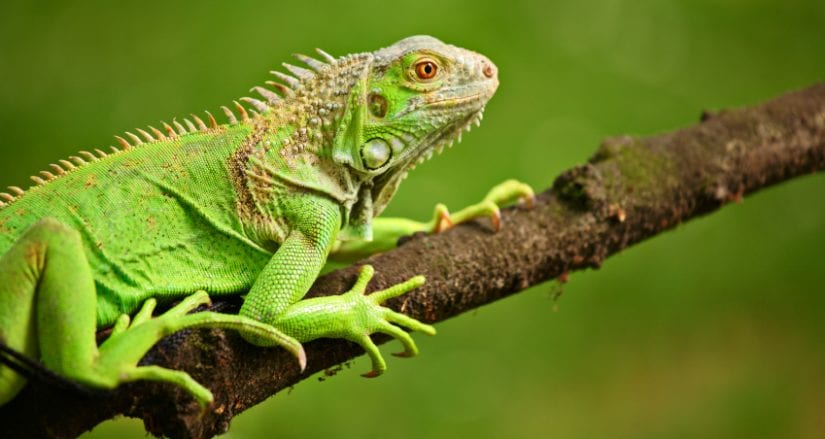
Wild animals are indigenous to Canada, but exotic animals are wild animals from other countries. These animals can be captured from the wild or bred in captivity. Exotic animals are often sold in the international pet trade.
The BC SPCA does not support keeping wild or exotic animals as pets, due to their unique physical and emotional needs. These animals often suffer in care because of their specialized needs.
Under provincial law, it is illegal to keep certain wildlife and certain dangerous exotic animals like tigers, primates or crocodiles, as they are designated as Controlled Alien Species.
Many cities also have exotic animal bylaws that make it illegal to keep some or all exotic pets. Check with your local municipality for a list of banned exotic animals.
Read more about exotic pets.
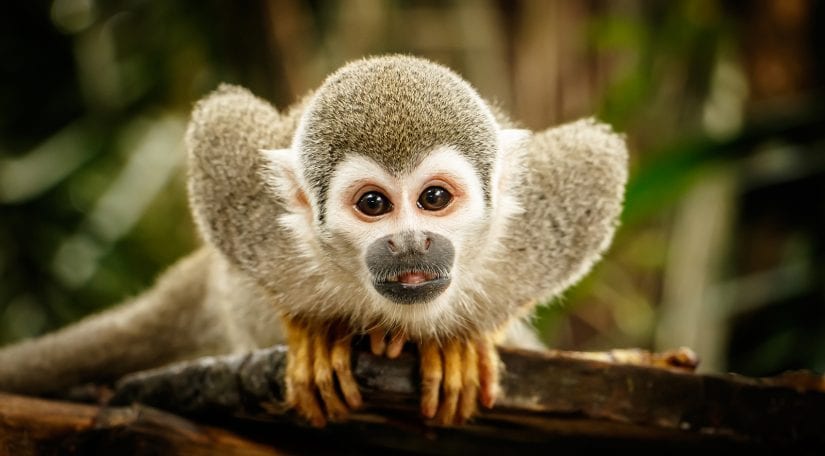
Legalities of keeping wild animals as pets
It is illegal to keep wild foxes as pets in B.C. under the BC Wildlife Act. Exotic foxes like Fennec Foxes are also not allowed as pets under Controlled Alien Species Regulations.
The BC SPCA does not support keeping wild or exotic animals as pets, due to their unique physical and emotional needs. These animals often suffer in care because of their specialized needs.
Read more about the BC Government’s Controlled Alien Species Regulations.
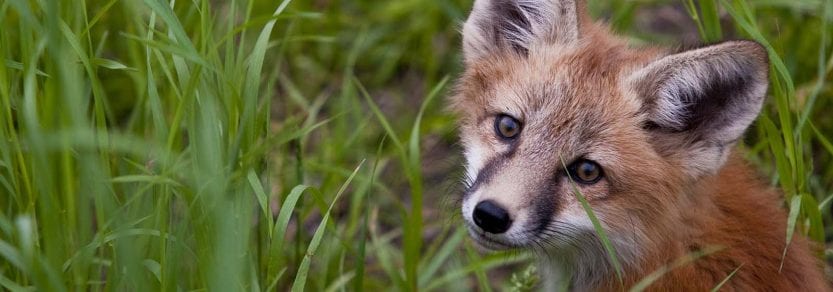
Under provincial and federal law, it is illegal to keep a wild animal, as designated under the BC Wildlife Act, as a pet. Very rarely, the provincial government issues permits for the personal possession of wild animals.
The BC SPCA does not support keeping wild or exotic animals as pets due to their unique physical and emotional needs. Both types of animals – those found wild in Canada and those exotic in Canada but wild to other countries – will suffer in care because of their specialized needs.
Under provincial law, it is illegal to keep certain dangerous exotic animals like tigers, primates or crocodiles as pets. Many cities also have exotic animal bylaws that make it illegal to keep some or all exotic pets. Check with your local municipality for a list of banned exotic animals.
Read more about exotic animals and the law.
If you are concerned about someone owning a wild or exotic animal illegally, please contact the Conservation Officer 24-hour RAPP line at 1-877-952-7277.
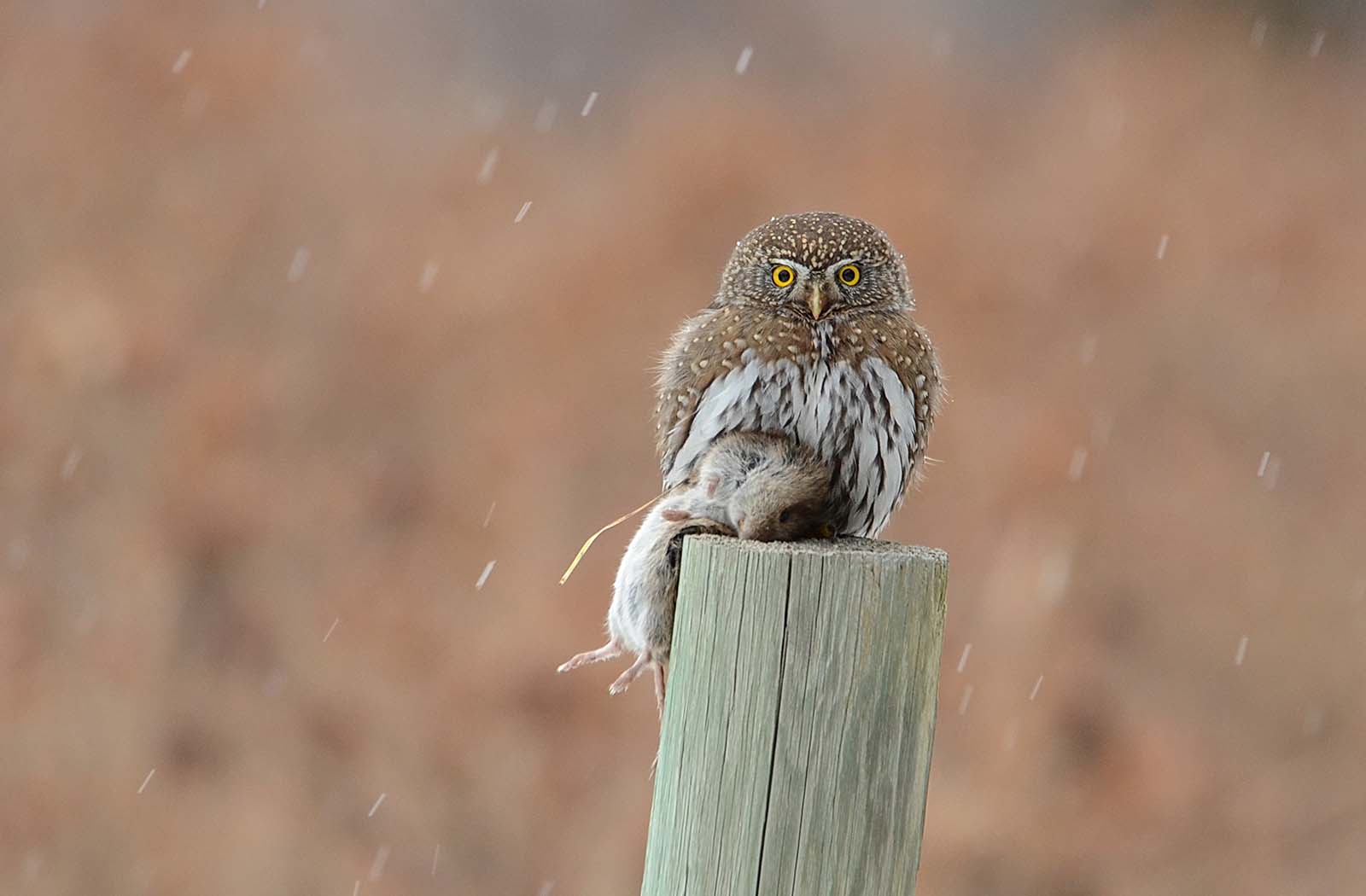
It is illegal to keep or sell a wolf as a pet in B.C. Some dogs are sold as “wolf-dog hybrids” for thousands of dollars, but they are really just dogs and have little to no wild wolf in them. Genetic testing is available to confirm hybrid status, however the animals’ behaviour is often used to assess their “wildness.”
The BC SPCA is opposed to keeping, breeding and importing wolf-dog hybrids as pets. Cross-breeding a wolf and dog counteracts 12,000 years of domestication. These animals are difficult to train and contain, develop stereotypies in captivity, and often show aggression toward other animals and humans. They need a high level of care that is difficult to achieve and do not make good pets.
Wolf-dogs already in captivity should be sent to accredited sanctuaries and never used for public attractions as roadside zoos or “walks with wolves”.
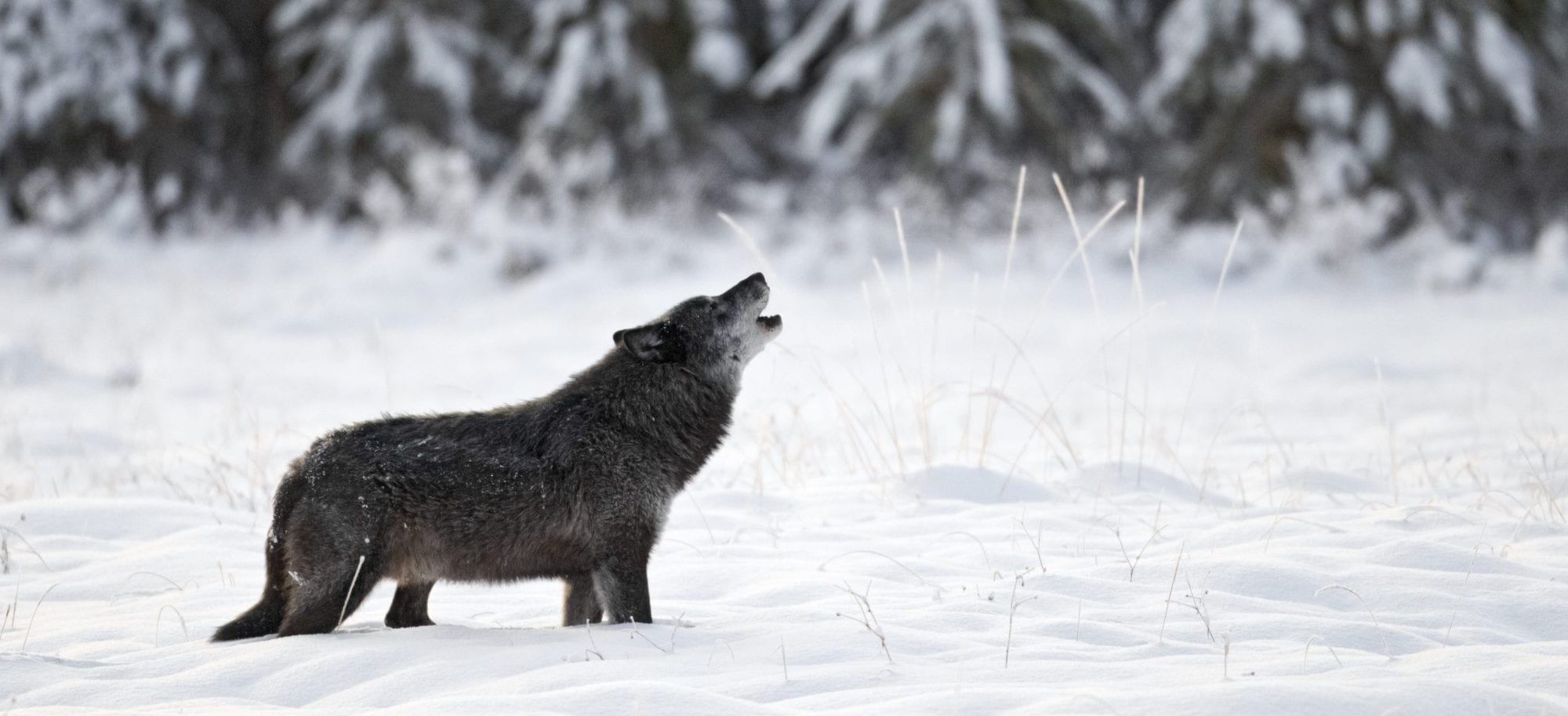
Photo by John E. Marriott
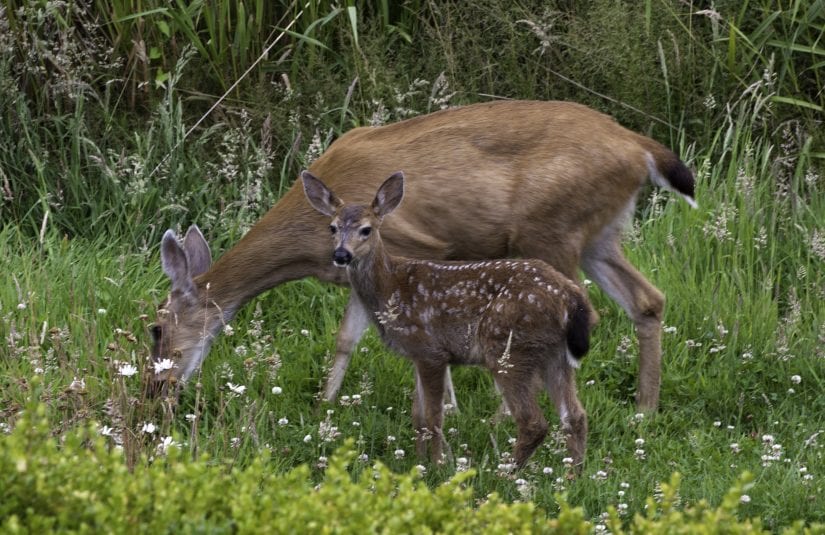
Photo by Tony Pace
